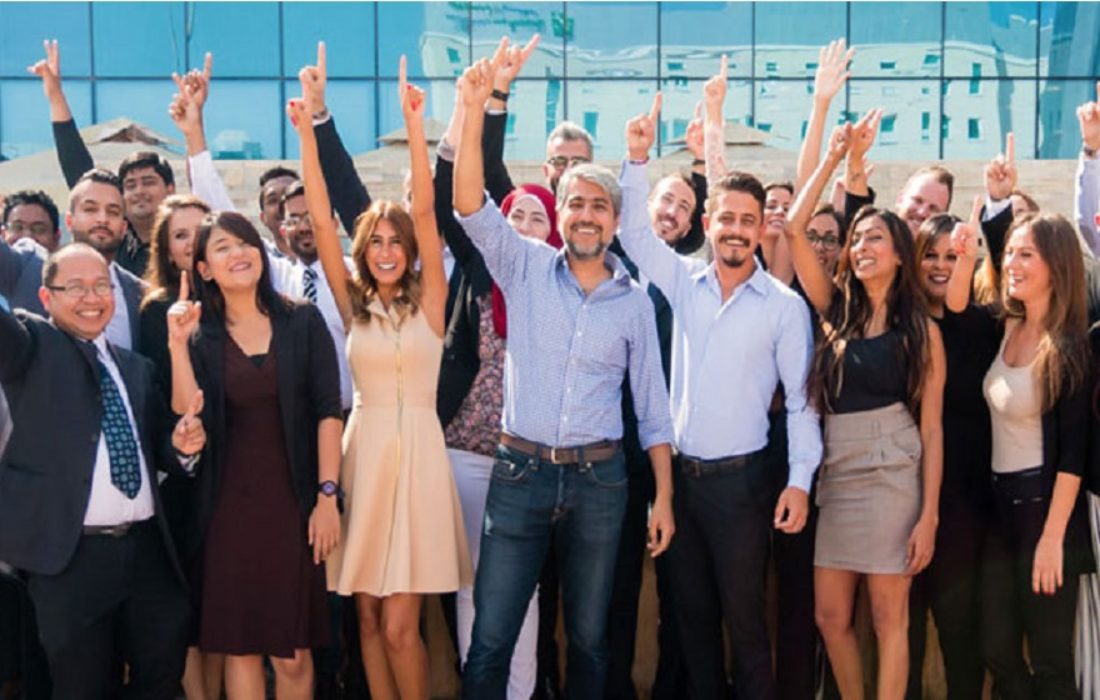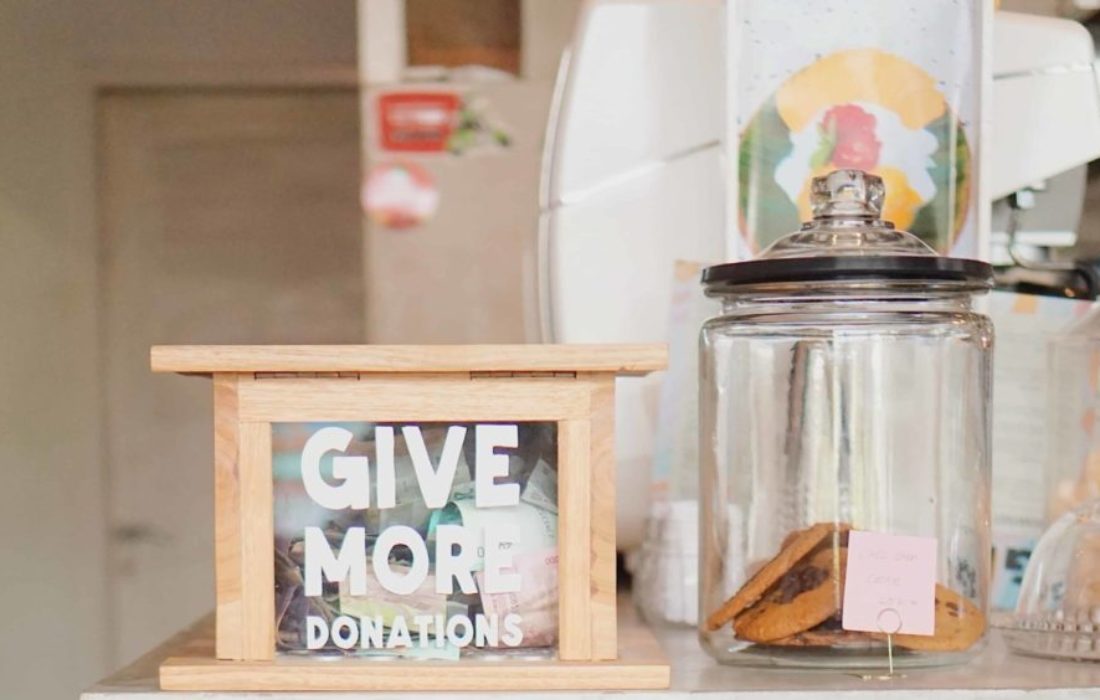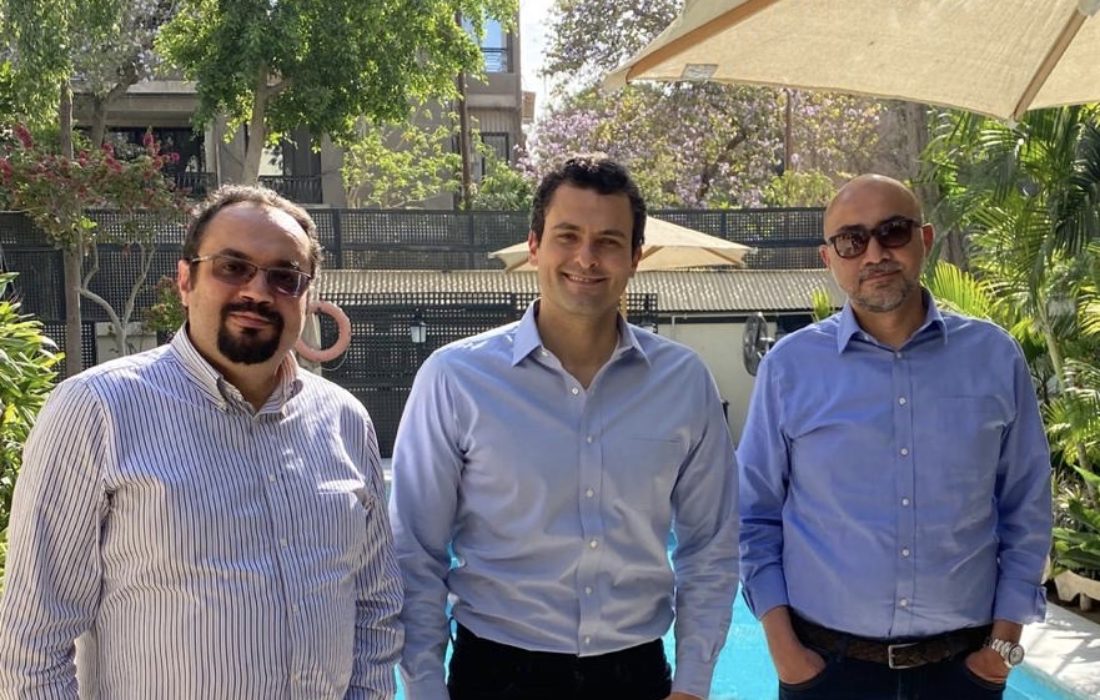In the second interview of our “Investing During a Pandemic” article series, I spoke with Sharif El-Badawi, Managing Partner at 500 Startups’ MENA region fund, 500 Falcons about the different ways the $33 million fund has reacted to the Coronavirus crisis, how they adjusted their investment strategy and how they are providing advice and guidance to their 180 portfolio companies.
Are you still investing?
The simple answer is yes, we are still investing.. but 500 Falcons Fund 1 has nearly completed all of its first commitments. in Q1 and are now actively looking at follow-on investments.
How have you adjusted your investment strategy?
Although 500 Falcons is in its 4th year, a point where a fund is naturally focused on follow-ons. Yes, we have adjusted our investment strategy in four ways:
- First, we take more scrutiny on the premise of the company before we invest. So, we’ll be more critical. Typically, because there is more risk because of coronavirus
- Secondly, we have set a higher bar for the founding team, focusing on founders that are more prudent with cash flow management, efficient with their cash and resilient to chaos
- Thirdly, we are expecting valuations to soften and are prepared to negotiate harder on them
- Fourthly, we are assessing where to put the money now for the next one or two years. In some cases, pre-empting those investment rounds and bringing them forward a little bit
What are the immediate changes you advised your portfolio companies to make?
The most important thing that we have told our founders in our COVID-19 update are as follows:
- To take a really long and hard look at the inputs and outputs of their business and to perform a detailed 360 situational analysis. This is something they’ve probably never done to this degree before on how all of these variables are going to impact your business, adjust your growth and your earnings assumptions.
- To communicate with their customers, employees and investors early and often. As this is key. It is better to over communicate in a situation like this for both the founder and the integrity of the business. Customers need to feel valued, employees need to feel that they are part of the decision and investors need to be regularly updated with the position of the business.
- To lower their burn rate. All companies, even successful ones, need to conserve capital. They need to raise more capital if they need to and take an extra dilution on that.
- To focus on the core business of what’s working and maintain a pipeline. Focus on the immediate short term near-term revenue. It’s a very bad time to experiment or continue building a long term thing that you’re hypothesizing might work in three months. The only time you would want to do that is if you have to pivot.
The takeaway for me is that this is survival of the quickest – to take smart action quickly.
What are promising industries for you?
We have categorized our portfolio companies into three buckets: thrivers, survivors, and the strugglers.
Thrivers are mainly next gen e-commerce, food and beverage, edtech platforms, communications in general, healthtech and fintech sectors. Not every vertical in those sectors, but some verticals in those sectors are thriving.
What differentiates survivors and strugglers is not so much the sector, but cash flow management and runway. There are struggling sectors, but that’s not what’s going to kill them. It comes down to cash flow management and runway.
Would you currently invest in strugglers just to tip them over to the survivors category?
Everything we do would only happen if they’re part of our portfolio companies because of the stage where we are as a fund.
But would I make the first check decision in a sector that’s struggling, if I had the money? Absolutely.
A crisis time is a perfect time for startups to just sit at their desk and build, test, do some R&D. But noted that that’s when they don’t need a market yet or revenue within the next 6 to 12 months. But if they have launched, such a crisis situation is probably the worst scenario.
Can you give an example of a founder or startup whose reaction to the current crisis impressed you?
We do have a few portfolio companies that have pivoted or enhanced their product line during this crisis. To name a couple – Eventtus and Denarii Cash. Eventtus is an event management and engagement app. Since the crisis began, they have been looking at pivoting their product offering and have recently raised more funds.
The other one is Denarii Cash. Denarii is a remittance company for the Philippines. It helps expats in the GCC region send money back to their families in the Philippines. Over the past couple of months, they have seen a huge increase in signups on their app, due to several reasons. That team has been working around the clock to create integrations and partnerships with India, Bangladesh and Pakistan and all the other South Asian countries that need remittance.
What initiatives and actions do you hope to see by other ecosystem players to provide support during the crisis?
Governments can ease the pressure on entrepreneurs and small businesses by expediting processes, approvals and licenses. Reducing, delaying or eliminating fees, taxes, tariffs or any financial blockers. These things matter and are very meaningful for small businesses to be able to save cash.
Banks and governments could also ease lending hurdles and extend loan terms like they’ve done in other countries. Providing stimulus packages and grants like they have done in many of the Middle East countries already. However, how relief funds are rolled out is always the secret sauce. It is not just PR, these things need to happen very fast and to be meaningful enough to actually make a change.
- We believe that technology and entrepreneurship is still the most effective way to move our region into the future, create jobs and diversify GDP. That’s my message to VCs, LPs and governments.
- Every VC fund is approximately 10 to 12 years in life. If we have a recession around every 10 years like we have had, then every fund has one recession built into it already, it’s calculated into the risk profile of the fund. So I would say: if you’re going to invest anyway, invest now. The problems that we were meant to address in MENA with venture capital and tech-based startups has only been exacerbated by the current crisis. Therefore, it’s more important that we double down and even accelerate the deployment of capital and support during this time. The companies being funded now may end up being some of the most successful in the future.
- The last point is that we need a shift in mindset regarding mergers and acquisitions in the region. We’re getting hit hard because we don’t have the digital infrastructure. We need to build to have it by the next downturn. Startups are the most resilient because they don’t have the baggage that big companies have. However, a lot of startups will fail. Therefore it makes sense to pair them up with large companies. The value to the acquiring companies could be in the millions in the next couple of years.
If you see something out of place or would like to contribute to this story, check out our Ethics and Policy section.














